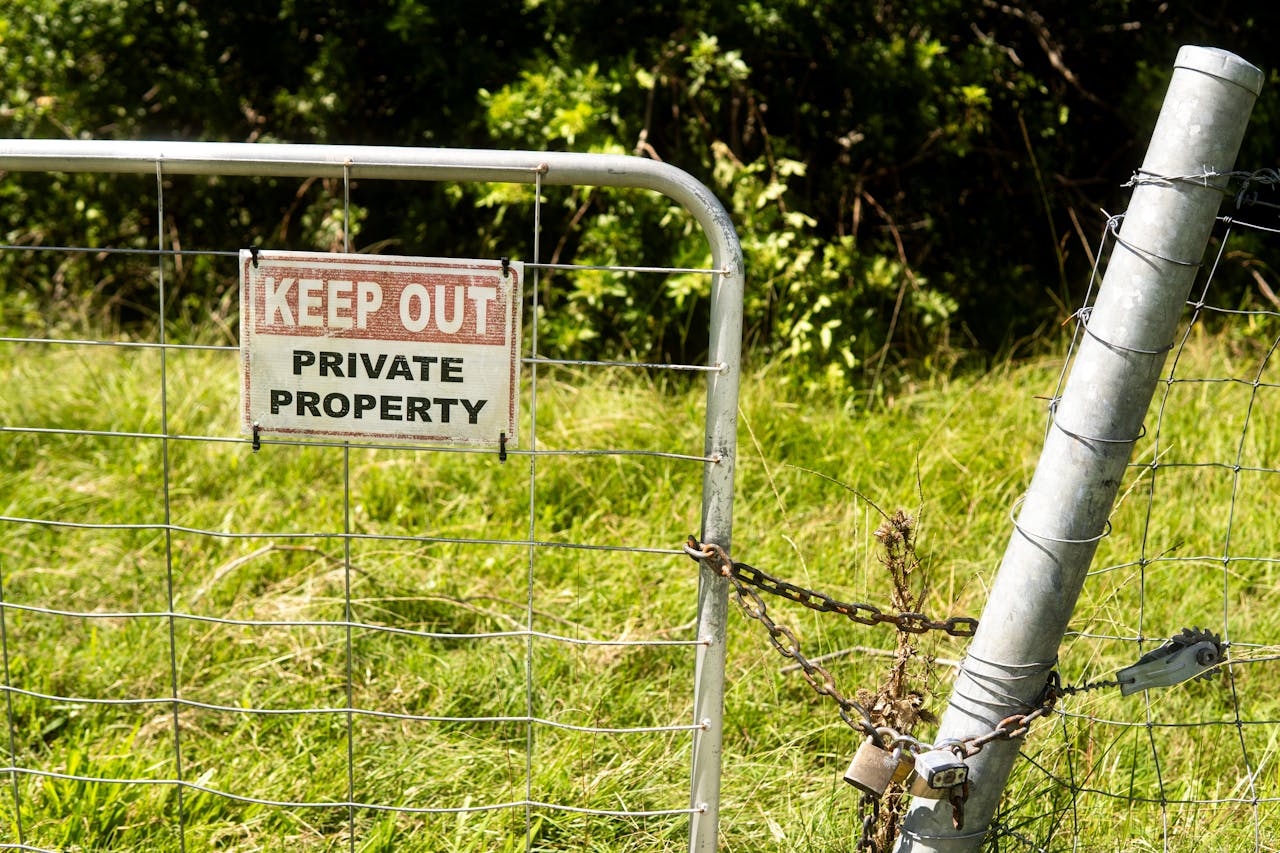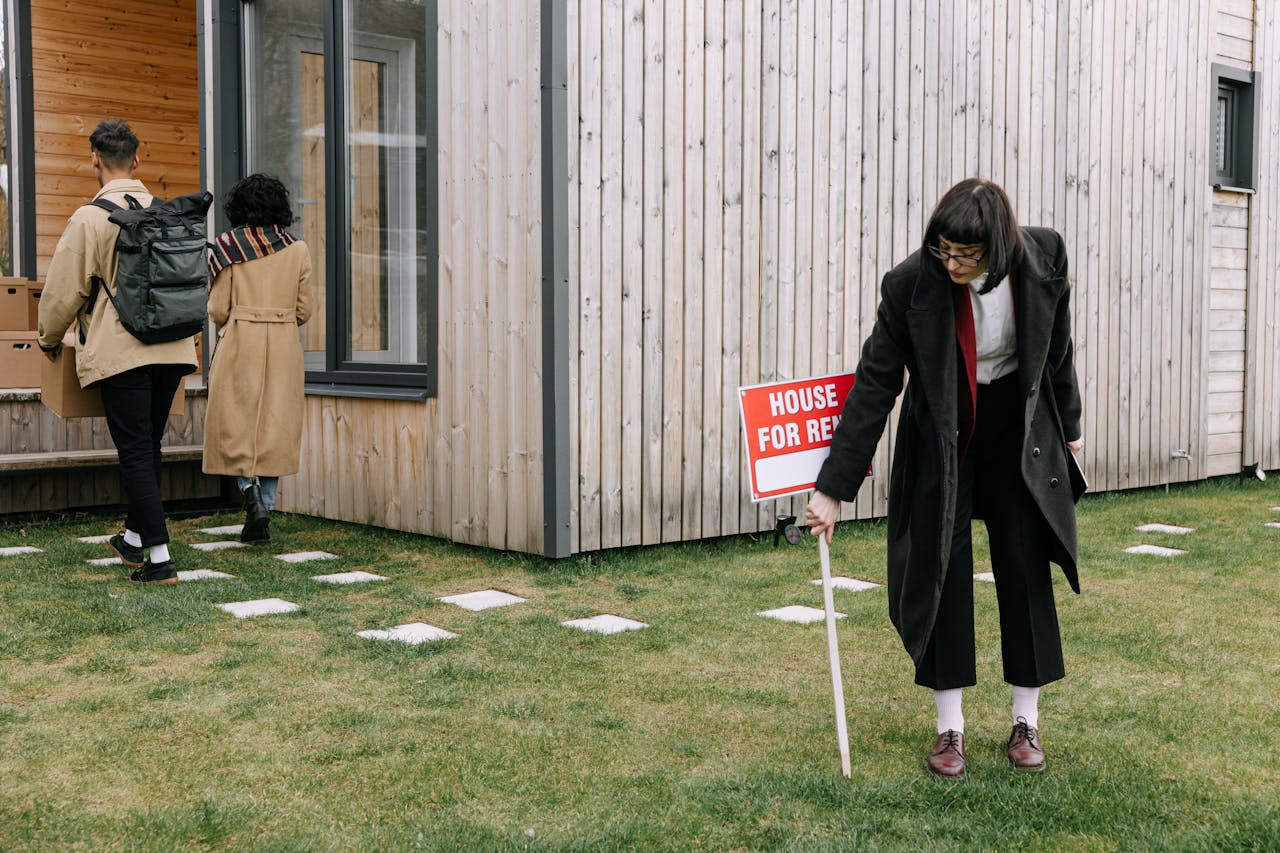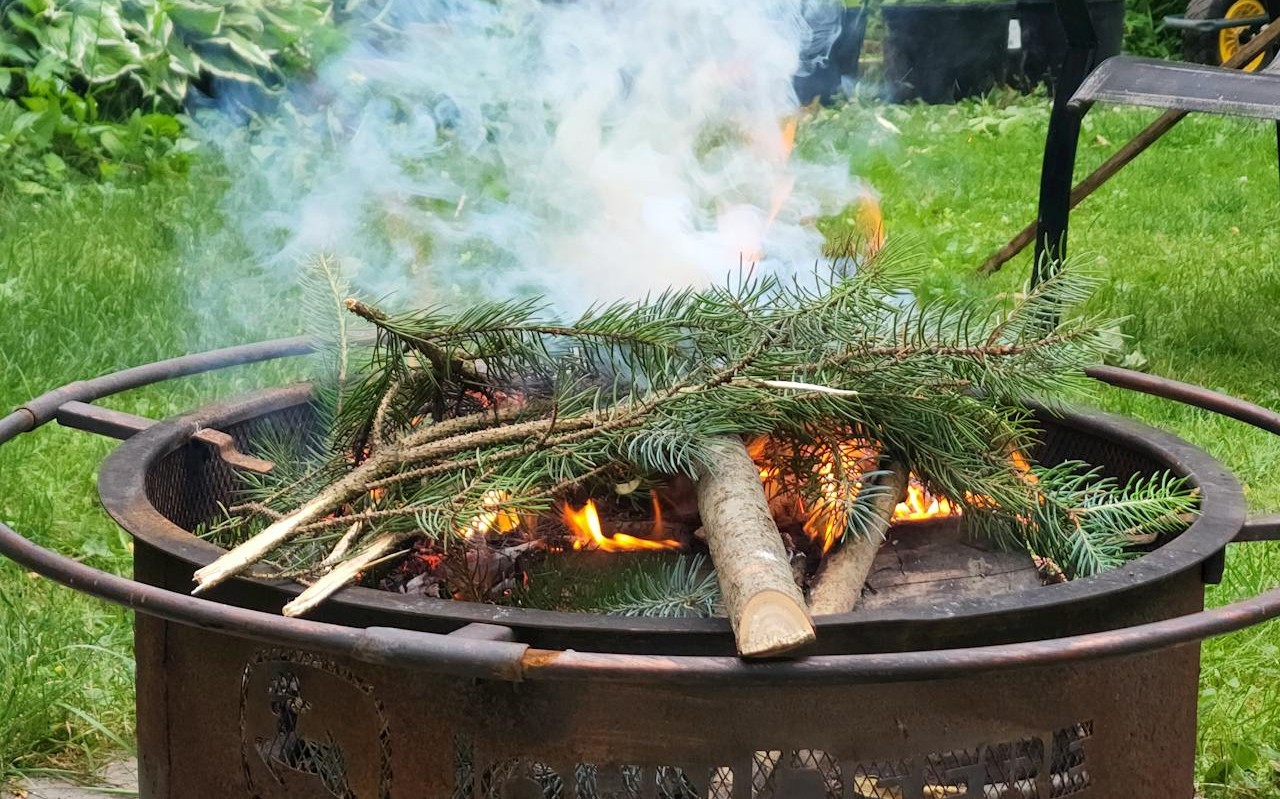Weekend projects feel empowering until a notice shows up in the mail. Local rules reach farther than many homeowners expect, touching driveways, gutters, fences, and even bird feeders. Some violations end with small fines; others snowball into liens, court dates, and forced tear-downs. The pattern is simple. Work that alters safety, drainage, wildlife, or neighborhood character often needs a permit or a limit. A quick call to the city desk saves money and stress, and keeps good intentions from becoming evidence.
Major Yard Grading Without Permits

Recontouring a yard looks harmless until stormwater shifts and a neighbor’s basement takes the hit. Most cities require permits for moving soil, cutting swales, or adding berms, plus silt fencing and erosion controls. Skip the paperwork and fines stack quickly, often with orders to restore the site at the owner’s expense. Before renting a skid steer, ask what cubic yards trigger review and how to protect slopes. The right permit turns earth-moving into an improvement that actually lasts.
Oversized Rainwater Collection

Rain barrels are welcome in many places, but capacity matters. Some states cap total storage, restrict downspout routing, or limit nonpotable uses. Exceed the gallon limit and a green habit becomes a technical violation. The fix is simple: check the cap, choose food-grade containers, and screen inlets to block pests. If a larger cistern is the goal, ask about engineered tanks and backflow protection. Staying compliant keeps the savings, the garden, and the inspector on friendly terms.
Building Too Close to Property Lines

Sheds, fences, and additions must respect setbacks that protect utilities, light, and access. Build even a foot over the line and the city can order a move or removal, slab and all. Survey stakes beat tape-measure guesses, and a neighbor’s handshake rarely replaces a permit. If a plan bumps a setback, seek a variance before concrete. It is cheaper to shift a drawing than a foundation, and easier to pause a delivery than to fight a stop-work order.
Unregistered Short-Term Rentals

Turning a spare room into a mini hotel can trigger licensing, occupancy caps, and local tax collection. Many cities require a posted permit number on listings, safety gear like extinguishers, and a 24/7 contact who can respond to complaints. Operating off the books risks daily fines and platform bans. The smooth path registers early, honors quiet hours, and documents taxes. Guests still arrive, neighbors relax, and the mailbox stays free of warnings that ruin a weekend.
Parking on Lawns and Setbacks

Grass parking seems handy for parties or overflow cars, yet codes often ban it to protect drainage and neighborhood character. Tire ruts invite erosion, and oil drips migrate into storm drains. The fix is to add legal hardscape within limits or use event permits for temporary overflow. If a new pad is planned, confirm size, location, and materials before pouring. A few square feet of pavers costs less than repeat fines and preserves the landscape’s function.
Feeding Deer and Other Wildlife

Feeding wildlife feels kind but spreads disease, attracts predators, and triggers garden damage across a block. In many areas, baiting or feeding deer is illegal, with fines that escalate on repeat. Replace feed with habitat: native shrubs, clean water features, and fencing that respects migration. If animals seem distressed, call licensed rehabbers rather than setting out food. Letting wildlife stay wild protects the herd, the neighbors, and the homeowner who would otherwise foot the penalty.
DIY Electrical Without a License

Swapping a faceplate is one thing; adding circuits or panel work is another. Many jurisdictions require permits and licensed electricians for kitchens, baths, and service upgrades. Hidden junctions, bad grounds, and overloaded breakers cause fires that insurance may not cover if the job was illegal. The safe route files a permit, photographs rough-in, and schedules inspections. Let a pro handle the hard parts. Lights still turn on, only without a risk that starts behind the wall.
Burning Leaves or Debris Without Approval

Cool weather invites burn piles that smoke out a street and throw embers onto fences. Fire rules often require seasonal permits, approved containers, and no-burn days when air quality dips. Violations bring fines and, during red-flag periods, suppression bills. Choose curbside pickup, chipper rentals, or composting bins that heat and shrink the pile. If burning is allowed, clear 10 feet around the site, keep water ready, and stop when wind rises. Ashes cool; penalties linger.
Fence Height, Style, and Sightlines

A towering privacy wall can block driver views, shade a neighbor’s garden, or clash with historic rules. Cities cap height near sidewalks and corners and may regulate materials to keep blocks cohesive. Build first and a complaint can force a cut-down. The fix is a quick measurement against code, stepping heights to match grades, and adding lattice only where allowed. Good fences make good neighbors when they also make good surveys and better permits.
Removing Protected Trees

Mature trees store decades of shade, stormwater control, and neighborhood identity. Many towns protect certain species or trunk sizes and require permits, even on private lots. Cut without approval and fines can mirror replacement value or mandate multiple new plantings. Before hiring a crew, call urban forestry with species and diameter at breast height. If removal is approved, plan stump grinding and replanting. Thoughtful care keeps the canopy healthy and the budget intact.
Converting Space Into an Illegal Unit

Adding a kitchenette and a lock to a garage or basement can cross into illegal dwelling territory. Codes require egress windows, smoke and CO alarms, ceiling heights, and proper plumbing vents. Renting a noncompliant space risks fines and forced move-outs. Better to pursue an accessory dwelling permit, submit plans, and upgrade safely. The rent spends the same, but the paperwork protects tenants, prevents disasters, and keeps mortgage and insurance terms clean.
Noise and Work-Hours Violations

Tools at 6 a.m., tile saws late at night, or weekend hammering can break local quiet-hours rules. Warnings escalate into fines, and repeat offenders burn goodwill that is hard to rebuild. Solve it with a posted schedule, a soft start for loud tasks, and courtesy notes to closest neighbors before messy days. Sound blankets and rubber mats help, as does quitting on time. A peaceful block forgives the dust when the calendar shows respect.


